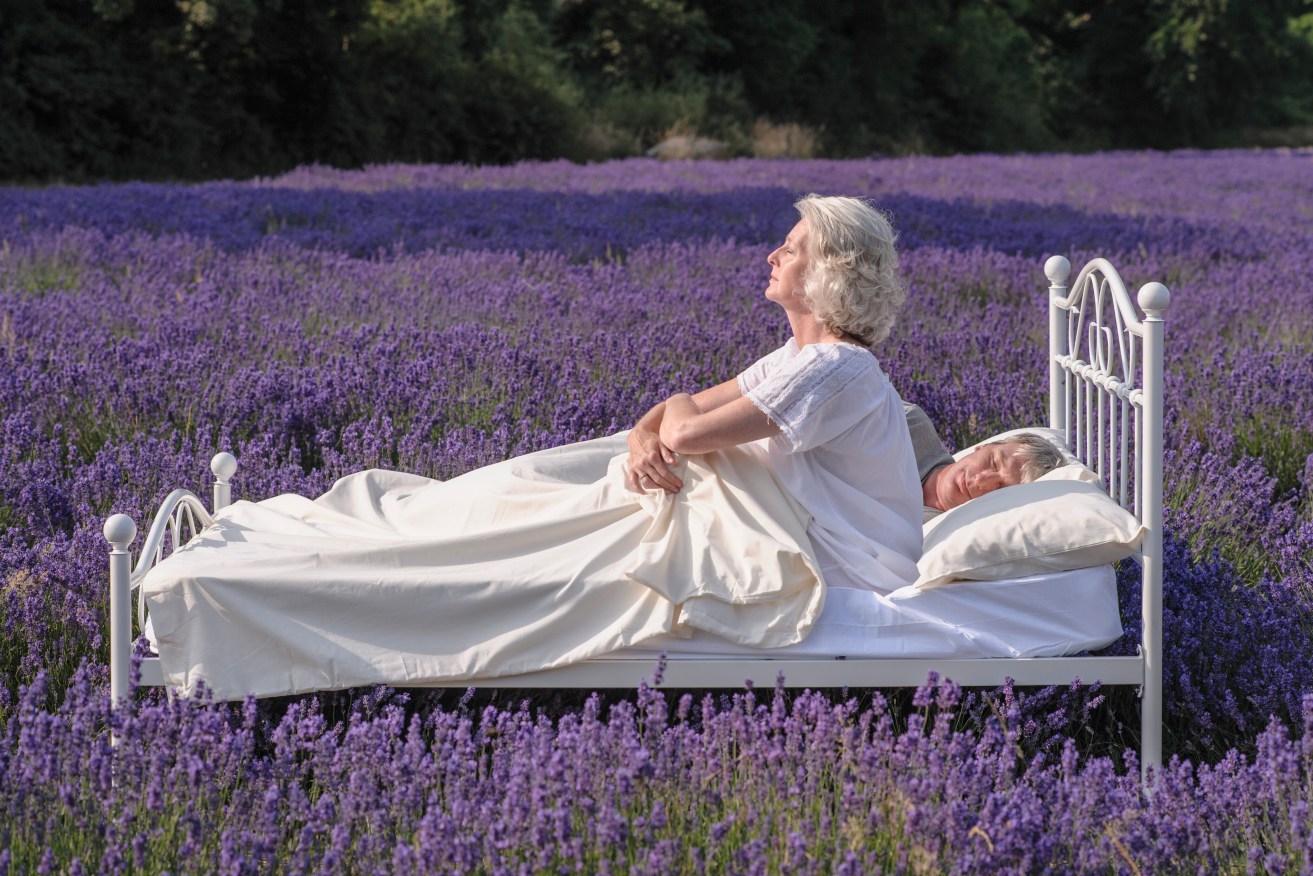Sweet (smelling) dreams can protect against dementia: Study


There is a link between good sleep, the capacity to smell aromas, and improved memory. Photo: Getty
One of the cheap and easy ways to protect yourself against dementia and cognitive decline is a commitment to healthy sleep.
And one of the interesting ways to determine your cognitive health lies in how you dream, and what you can remember from your dreams.
For example, a general decline in the dream-recall frequency (how often you remember your dreams) is associated to age-related cognitive decline. At the same time, our dreams when we age tend to be rich with memories from the past.
If you can boost your dream recall (recalling the memories you’ve experienced in a dream) maybe you can boost your cognitive health.
But how can this be done?
A new study involving 43 men and women aged 60 to 85 without memory impairment had some encouraging news.
When these study participants were exposed to the aroma of natural oils, via a diffuser, for two hours a night, it appeared to boost their dreamed memories.
Even better, over a six-month period, this sleepy-time aromatherapy more than tripled their cognitive capacity.
What the old nose knows
The study – from the University of California Irvine Center for the Neurobiology of Learning and Memory – investigates the well-established link between loss of olfactory capacity (the ability to smell) and the onset of neurological disease.
This dynamic has been observed in patients with Alzheimer’s, Parkinson’s and, of late, in some prolonged cases of COVID-19.
“The reality is that over the age of 60, the olfactory sense and cognition starts to fall off a cliff,” said co-author Michael Leon, professor of neurobiology and behaviour at UCI.
But there’s an upside
Previous research demonstrated that “exposing people with moderate dementia to up to 40 different odours twice a day over a period of time boosted their memories and language skills, eased depression and improved their olfactory capacities”.
While scientists have been excited by these findings, most people would likely be unaware of them.
The new research is essentially about spreading the word, “turning this knowledge into an easy and non-invasive dementia-fighting tool”.
The new study
Participants were split into by two groups.
One group received an odorant diffuser and seven essential oil odorants in cartridges (rose, orange, eucalyptus, lemon, peppermint, rosemary, and lavender).
The control group was given a diffuser with distilled water laced with an undetectable trace amount of odorant.
The experiment was done in the participants’ homes.
When they went to bed, the diffuser was turned on and the odorant was released into the air during the night for two hours when they first went to sleep.
Each night a different odorant was released. This was repeated every night, for six months.
Participants had their brains scanned with MRI.
The results
Those in the experimental group showed a 226 per cent increase in cognitive performance compared to the control group.
This was measured “by a word-list test commonly used to evaluate memory”.
Participants also reported sleeping more soundly.
The brain imaging
The most exciting finding was in the MRI imaging. Participants exposed to the fragrant oils had “better integrity in the brain pathway called the left uncinate fasciculus”.
This pathway, which connects the medial temporal lobe to the decision-making prefrontal cortex, becomes less robust with age. It appears that aromatherapy might slow that decline.
Which is a good thing.
The medial temporal lobe plays an essential role in declarative memory.
Declarative memory is of two types: Semantic and episodic. Semantic memory is the recall of general facts, while episodic memory is the recall of personal facts.
So what’s next for researchers?
Some marketing by the sound of it.
They have already developed “a product based on their study and designed for people to use at home”.
It’s expected to come onto the US market in the next few months.
Don’t forget.








